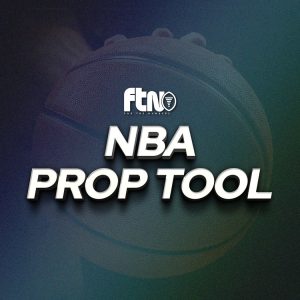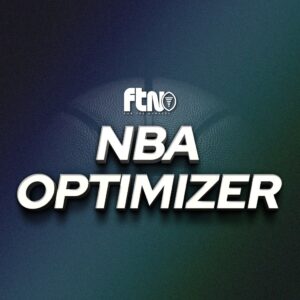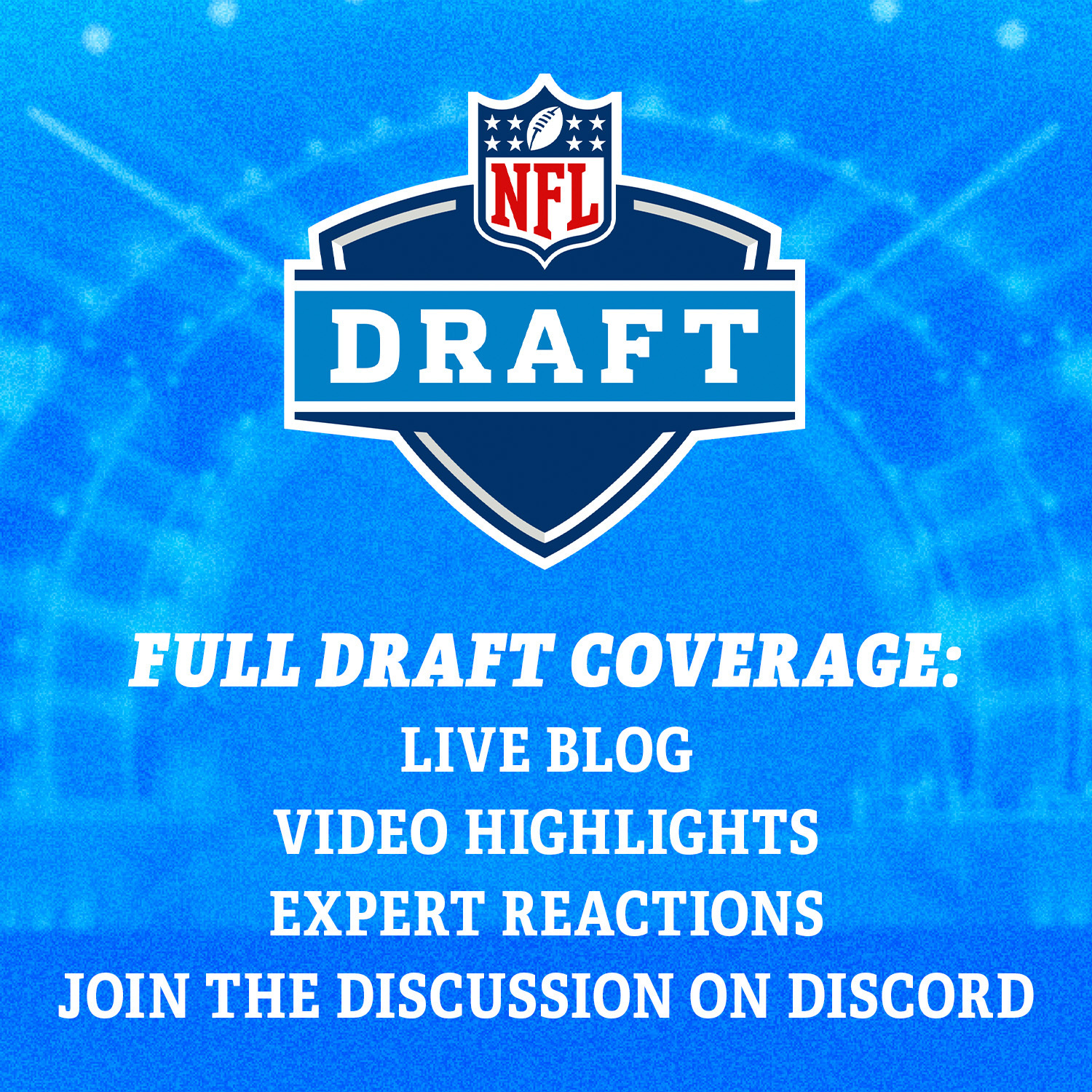
One game more.
For the Detroit Lions, this has been a season for wiping out droughts. They entered the year with the longest playoff losing streak, both in terms of games lost (9) and number of seasons since their last win (32); they took care of that against the Rams two weeks ago. They entered the year with the longest championship game appearance drought, too, having not reached this point since 1991. Beating the Buccaneers ended that distinction.
And now, they get the chance to erase the one that really sticks in their craw. Not only are the Lions one of four teams to have never reached the Super Bowl, they also have the longest streak without appearing in a championship game of any kind. The last time the Lions were playing for a world title was 1957, when the league had 12 teams and it was still legal to tackle people by their facemasks. It’s a bit of a different world, is what we’re saying.
The 2023 Lions are the best team Detroit has had in 50 years. They are a more complete, well-rounded team than the best years from Billy Sims or Barry Sanders, ranked in the top five in offensive DVOA for the first time in franchise history. Jared Goff has proven himself to still be a capable quarterback, joining a very exclusive list of passers who have brought two different franchises to conference championship games. Their defense is tops against the run and isn’t a disaster on passing downs. Dan Campbell combines the best of insane tough-guy speechmaking and savvy analytical decision making. This is the Lions’ best chance at making the Super Bowl in franchise history, and the arrow is only pointing up for them.
Standing in their way, wearing the black hats for this long-suffering franchise, are the San Francisco 49ers, a team which is, on paper, better than the Lions in nearly every metric.
But the NFC’s overwhelming favorites stumbled last week. ‘Stumbling’ for a team of San Francisco’s quality means having only a 10% DVOA, but it was only the fifth game of the season (with starters) where the 49ers dropped that low. The advanced numbers are a bit better than the eye test would have indicated, especially on offense, but this wasn’t the nigh-unstoppable offensive machine we’ve been used to seeing throughout the season. San Francisco fans were beginning to outright panic into the fourth quarter, but, for the first time in Kyle Shanahan’s tenure with the team, the 49ers actually overcame a seven-point fourth-quarter deficit and found a way to win a close game. Survive and advance.
Beating the 49ers would be historically apropos in a number of ways for Detroit. The last time they won a title, they had to get past the 49ers the round before, rallying back from a 27-7 second-half deficit to emerge victorious; beating the 49ers this time would provide a nice symmetry. Campbell’s first game as a Lions coach was against Shanahan’s 49ers, a game which saw the Lions nearly come all the way back from a 38-10 deficit halfway through the third quarter – they had the ball with a chance to tie it up with less than a minute to go. Finally beating those 49ers now as a bookend to Campbell’s transformation of the team is the kind of thing writers go gaga for.
Vegas considers this the less competitive of the two conference championship games, putting the 49ers as touchdown favorites. Our numbers agree with the line. But while we expect San Francisco to come out on top, Detroit has more than just a puncher’s chance here. If the 49ers have another uncharacteristically poor game this week, the Lions have the talent and coaching to take the chance the Packers missed, slaying the giant and finally reaching the Super Bowl.
All stats are for the regular season only except for weighted DVOA and anything else noted below. Week-to-week charts represent that team’s single-game total DVOA, now separated into offense and defense for each team. The extra line is a rolling five-week average. If you’re checking out FTN’s DVOA for the first time, it’s explained right here.
| DET (14-5) | SF (13-5) | |
| DVOA | 17.0% (7) | 39.4% (2) |
| WEI DVOA | 12.4% (7) | 33.4% (2) |
| Lions on Offense | ||
| DET OFF | SF DEF | |
| DVOA | 13.8% (5) | -9.6% (4) |
| WEI DVOA | 14.8% (6) | -7.0% (8) |
| PASS | 26.7% (7) | -9.4% (4) |
| RUSH | 8.9% (4) | -10.1% (15) |
| 49ers on Offense | ||
| DET DEF | SF OFF | |
| DVOA | -3.2% (13) | 31.8% (1) |
| WEI DVOA | 3.7% (22) | 29.6% (1) |
| PASS | 6.5% (16) | 57.7% (1) |
| RUSH | -18.0% (1) | 17.3% (2) |
| Special Teams | ||
| DET | SF | |
| DVOA | 0.0% (19) | -2.0% (25) |
WHEN THE LIONS HAVE THE BALL
Once again, San Francisco’s deficiencies in run defense reared their head against Green Bay.
The 49ers allowed Green Bay to have a 56% success rate on the ground, the third time in their last four games with starters playing that they’ve allowed a 56% success rate or higher – everyone but, oddly, Baltimore has been able to find traction against the 49ers over the last month. The 49ers missed eight tackles, and Aaron Jones managed 5.2 yards per attempt after contact. You don’t win many football games when running backs are bouncing things to the outside and picking up tons of yardage.
And the outside is exactly where the 49ers are most vulnerable. The 49ers had a 79.0% rush defense DVOA on plays marked as end or tackle against Green Bay, compared to a -36.2% DVOA on runs in the middle. That’s been the case during this skid in general; since Week 15, the 49ers have an 27.0% DVOA on outside runs and a -18.3% DVOA on inside runs.

That makes this a Jahmyr Gibbs game, not a David Montgomery one. Gibbs was fourth in the league with a 22.5% DVOA on runs to the outside, and fifth with 159 DYAR; Montgomery is certainly no slouch, but he’s a top-20 player on outside runs, not top-five. That relationship is flipped on inside runs, where Montgomery’s 16.5% DVOA has him in the top 10, but running inside on the 49ers means running into the teeth of the 49ers defense. Much better to get the ball outside, make a cornerback miss, and run up the sidelines to paydirt. That’s not to say Montgomery won’t have a role, just that it would be very surprising to see him have more yards than Gibbs in this one. If you’re going to use a first-round draft pick on a running back, you might as well use him to attack your opponent’s biggest weakness in a conference championship game, right?
Expect to see lots and lots of outside zone. This season, the Lions’ success rate on outside zone rushes was 5.4% above average, while San Francisco was -2.9% below average stopping them. It’s not quite as big of an advantage as the Packers had over the 49ers last week in duo, nor is it Detroit’s preferred run concept (they prefer to go with inside zone, as a rule), but it’s something that’s well within their wheelhouse. They had a 43.8% DVOA running to the outside against Tampa Bay, their second-best day of the year, with Gibbs rushing for 74 yards on nine carries. As long as the game remains close, Ben Johnson should be feeding Gibbs to the outside.
Running more to the outside would be a slight adjustment to Detroit’s game plan. Throwing the ball outside, however, would be a more significant change.
Jared Goff throws 26% of his passes to the middle of the field. Detroit threw to the middle of the field more than any other team, and by a sizeable margin — the league average was under 20%. It’s not just volume, either; Goff was eighth in passing DVOA on passes to the middle and was particularly good hooking up with Sam LaPorta. Goff targeted LaPorta 39 times over the middle, resulting in 22 first downs and a success rate of 69%. The rookie tight end has become more than a safety blanket; he’s been a stud.
The trouble the Lions will have there is that San Francisco ranks first in pass DVOA over the middle by leaps and bounds. The 49ers have a total defensive DVOA of -11.7% when opponents target the middle of the field; they were the only team in the league with a negative value there. They lead the league with just 6.2 yards per target allowed and a success rate of 41%, and are second with 10 turnovers. They’re fourth against tight ends, which is bad for LaPorta. With Fred Warner and Dre Greenlaw patrolling the center of the field, passing there had simply not been a viable strategy.
The Lions drop from a 72.5% DVOA on passes over the middle to 32.1% on passes to the outside; they’re still above average but not nearly the same sort of explosive team they are over the middle. (These DVOA ratings are particularly high because they don’t include negative plays such as sacks.) And a lot of that comes from taking away passes to the ancillary players. Amon-Ra St. Brown is the same player no matter where he goes on the field, but Detroit’s DVOA drops from 101.8% to 32.3% when LaPorta’s targets go outside, and they have a -11.7% DVOA targeting Gibbs on outside passes, which consist of a lot of screens and short flat routes.
There’s a reason Goff averages less than 220 yards per game against San Francisco and has a 3-6 career record against them with no wins since 2018. Goff has thrown at least one interception in each of his last four games against San Francisco, including a pick-six in three of them. Goff’s strengths as a passer run up right into San Francisco’s biggest strengths as a defense, and both Warner and Greenlaw have a pick-six on their ledger against Goff. You want to challenge the 49ers’ cornerbacks deep on the sidelines, and that’s the weakest part of Goff’s game; only Joe Burrow and Tommy DeVito threw the ball deep less frequently than Goff did this season. If Goff can hook up with St. Brown on a couple deep shots on go routes down the sideline, it would be a huge help.

For the most part, though, Detroit may just have to rely on what got them here. They are a much better football team throwing the ball over the middle; they’re just going to hope their guys can beat San Francisco’s guys in a battle of iron against iron. Detroit is in the position to go to the Super Bowl because they have a great set of weapons who have dominated over the middle of the field. San Francisco is a bad matchup for that, but the Lions are who they are.
Run the ball early, where you are third in DVOA on first down (compared to the 49ers, who rank 13th on defense). Bounce it outside, to stretch the San Francisco defense horizontally. Force those linebackers to creep up, and pass protect like your life depends on it. (Detroit is the fifth in passing DVOA without pressure, and 17th when pressured.) Find gaps over the middle for LaPorta and St. Brown to catch and run. And, at all costs, don’t give San Francisco the ball without a fight – Dan Campbell was the second-most aggressive coach on fourth downs, and should keep it coming in every situation remotely plausible against the 49ers defense. That’s the recipe for the Lions upsetting the 49ers; give them all they can handle on defense and keep the game from getting out of hand early. It’s well within Detroit’s abilities, though it’s easier said than done.
WHEN THE 49ERS HAVE THE BALL
Brock Purdy had a bad game last week.
That’s uncharacteristic of Purdy, but it’s true. Sure, he’s had bad moments in games, usually when he’s pressing from behind. He’s had games where he’s done nothing spectacular, just distributing the ball to one of his all-world skill position players and letting them play. But to be inaccurate, having trouble even getting the ball to his receivers? That’s not Purdy-like at all. Per RBSDM, Purdy led the league with a 5.4% CPOE. Finding his receivers hasn’t been a problem for him.
San Francisco still had a passing DVOA of 24.1%, because that’s the floor this passing offense has with all the talent around it. That’s not all the final drive, either; they were at 20.0% before marching down for the winning touchdown. But that 24.1% was their fourth-lowest pass DVOA of the season – and, perhaps more interestingly, it was their worst day, period, if you remove interceptions from the ledger. This was San Francisco’s worst day of the 2023 season on a pass-by-pass basis.

By any metric – DVOA, ANY/A, EPA, PFF grade, you name it – the only other day Purdy had that came close to last week was the Cleveland game in Week 6. Like in the Divisional Round, Purdy scattered passes for three and a half quarters before leading San Francisco on a fourth-quarter drive to potentially win the game, only with Jake Moody missing the kick in October. And just like in the Divisional Round, that game featured both steady rain throughout and Deebo Samuel leaving after playing fewer than 10 snaps.
At this point, we can pretty clearly say that Purdy has a problem in the rain – throw in last year’s first half against the Seahawks in the playoffs for another example of uncharacteristic Purdy inaccuracy in the wet. You could see him struggling to figure it out last week, donning and removing a glove as he tried to find a grip on the ball. You could even see him trying to dry his hands off midplay, which can’t be good for your mechanics or your concentration. The 49ers need to send Purdy to go train under a waterfall or use the money they’re not paying him to build a giant umbrella over Levi’s Stadium, because elements will play a factor in future football games. Just … not this one. The weather forecast at the moment is warm and dry, so even if Purdy actually is the Wicked Witch of the NFC West, the Lions can’t count on him melting this week.
Samuel’s status is more pressing. While he avoided the shoulder fracture that kept him out multiple weeks midseason, his status is still up in the air. He’s been rehabbing on the side and is signaling that he will play, but just how effective he will be remains an open question. It’ll be a matter of pain tolerance as much as anything else, and Samuel was unable to get back in last week.
Much has been made about San Francisco’s 1-3 record without Samuel this season, but there’s a difference between Samuel leaving the game and Samuel missing the game. In games where Samuel was inactive from the start, Purdy’s passing DVOA fell from 42.5% to 13.4%, but his success rate actually rose to 63%; the difference is entirely due to Purdy’s four interceptions in those games. But in weeks when Samuel was knocked out of the game early, Purdy’s passing DVOA fell to -5.6% with a success rate plummeting to 40%.
We’re talking small sample sizes and compounding factors and all sorts of variables here – the rain, the performance of the defense, Trent Williams’ health and so on – but the broad scope of the numbers matches the eye test. The 49ers struggle not because they don’t have Samuel, but because they’re bad at changing plans midstream. Samuel was supposed to play a massive part of the game plan against Green Bay, and Kyle Shanahan did not do a good job adjusting for that. For all of Shanahan’s many deserved plaudits as a coach, his game-day performances have always led something to be desired – we see you nodding there, Falcons fans. The plan against Green Bay might have been to use plenty of Samuel running the ball, but that’s not an excuse for giving Juwan Jennings a second-half handoff! They are not interchangeable parts.
That would imply the worst-case scenario for the 49ers would be for Samuel to suit up, play the first quarter, and then leave after aggravating the injury. If Samuel is healthy, the 49ers should have him in the lineup, but the gameplan should not center around him. It will just be up to George Kittle, or Brandon Aiyuk, or Christian McCaffrey to try to find a weakness in Detroit’s pass defense.

Fortunately for San Francisco, the Lions’ pass defense is made out of weaknesses. Detroit ranks 20th or lower against all receivers except for tight ends, and they still allow more than the average yards per game to tight ends. Their pass defense has weakened as the year has gone along, too – since Week 10, they have a 27.0% DVOA, 27th in the league. Even the return of C.J. Gardner-Johnson has not really helped; while he has a couple interceptions already, Detroit still has a 15.6% DVOA in the three games since his return. So long as you avoid Brian Branch, who has had a very solid rookie year and is the main reason Detroit is respectable against tight ends, you’ll probably be fine. And Branch can’t cover all of San Francisco’s weapons by himself, Deebo or no Deebo.
Partially out of necessity and partially because that’s just how Aaron Glenn calls his defenses, the Lions blitz a lot to try to force offenses into mistakes. Their 35.1% blitz percentage is fourth-highest in the league, and it has resulted in the highest pressure rate in the league per our charting. That’s great, except as we discussed last week, the blitz is the worst way to attack the San Francisco offense. San Francisco is first in DVOA against the blitz whether you get pressure or not; you slow them down by getting pressure by just sending four. Even against Green Bay, with his passes mostly missing their targets, Purdy hit Kittle for a deep shot touchdown against the blitz. Sending extra defenders is asking for disasters.
Detroit gets pressure 28% of the time when not blitzing this season, slightly above average, so they can play like that. And they’ve been blitzing a little less in the playoffs so far, so perhaps they’ll be able to show some restraint against San Francisco. But they only have eight snaps this postseason where they’ve generated pressure without blitzing; that number will have to go up substantially against the 49ers to stand a chance. Aiden Hutchinson needs to have a huge game.
The strength of the Lions’ defense was on the ground, where they ended the season ranked first in run defense DVOA. A lot of that comes from preventing big plays, where Detroit ranked third in second-level yards per carry and second in open-field yards per carry; Jack Campbell, Brian Branch, and the rest of the back seven do a fantastic job preventing explosive plays. They’ve allowed just 11 rushes this season of 15 yards or more, and even those are typically closer to 20-yard gains rather than 50-yard gains. McCaffrey is their toughest test yet, but even CMC will likely struggle to have huge chunk plays on the ground.
That’s not to say it’s all sunshine and roses, though. We mentioned the Lions’ advantage over the 49ers when running outside zone. Well, San Francisco has bigger success gaps running both inside zone (+11.1% to -3.4%) and outside zone (+12.3% to +2.4%). Detroit ranked just 19th in adjusted line yards up the middle and 20th off right tackle; San Francisco was in the top 10 on runs in both directions. We may not see a lot of huge gains on the ground, but we could see McCaffrey routinely picking up 4-5 yards; death by a thousand papercuts.
SPECIAL TEAMS
Detroit is blandly competent in special teams, not ranking in the top or bottom quartile of anything on their way to finishing 19th at -0.0%. If the Lions’ special teams make an impact on this game, it’s more likely to be on a fake punt or something else sneaky to catch the 49ers off guard than it is a clutch kick or huge return.
Jake Moody has been shaky this year, making only 84% of his field goals, and he missed yet another kick at the end of the first half against Green Bay. At least he didn’t kick the ball out of bounds, so he gets a gold star there, but the San Francisco kickoff unit let Keisean Nixon return a 73-yarder on their way to letting the Packers regain the lead. That’s less than ideal.
The 49ers also ranked 29th in punt returns this season with -5.1 points lost compared to expectation. They didn’t return a single punt against Green Bay, which is probably for the best.
OUTLOOK
This matchup has me thinking of the parable of the scorpion and the frog. The things that have brought Detroit to the NFC Championship are the things that define them, and they’re not going to stop doing them just because San Francisco is fantastic at handling those specific strengths. We can write all we want about San Francisco’s defensive success covering the middle of the field, or how they’ve punished defenses for blitzing. Detroit is still going to pepper the middle of the field and bring extra pressure. It’s in their nature.
Detroit is going to live or die playing Lions football. They’re going to be amped, flying across the field. They’re going to throw out every trick in the book to gain even the slightest advantage; Dan Campbell will scrape the depths of his playbook to find something San Francisco hasn’t seen. If they lose, it’ll be because they came up against a better team, not because they left anything in the tank. If they can keep the game close, controlling the ball on the ground, and find enough of the cracks in the defense that Green Bay was able to exploit a week ago, the Lions could very realistically be headed to their first Super Bowl in franchise history. The higher the scoreboard goes, the more likely it is Detroit has pulled off the upset.
However, our numbers just don’t see the Lions doing enough to stop the 49ers’ passing attack, with or without Samuel in the lineup. Detroit may have their best team in decades, but so does San Francisco. It’s unlikely as many things will go wrong for San Francisco as they did last week against Green Bay – and the average San Francsico performance this season has been significantly better than the average Detroit game. On the road, on the shorter week, with everything we’ve seen so far this season, the odds are the Lions will fight to the bitter end but come up just short.










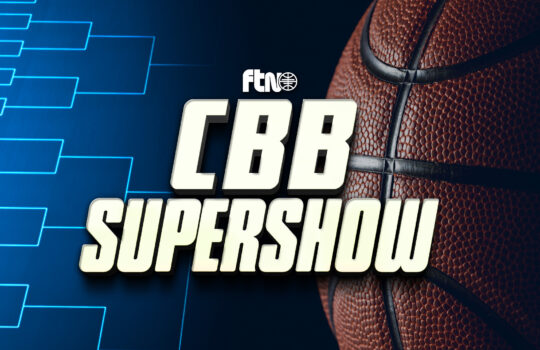

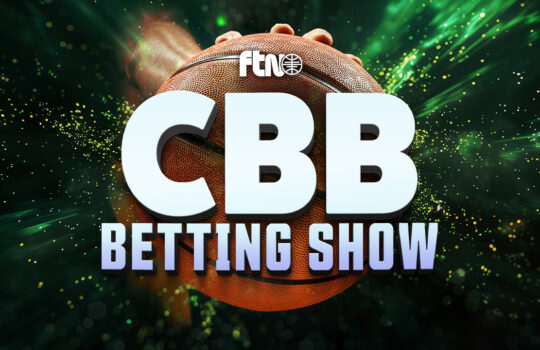









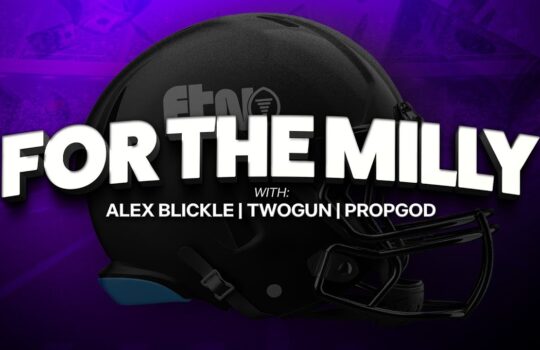










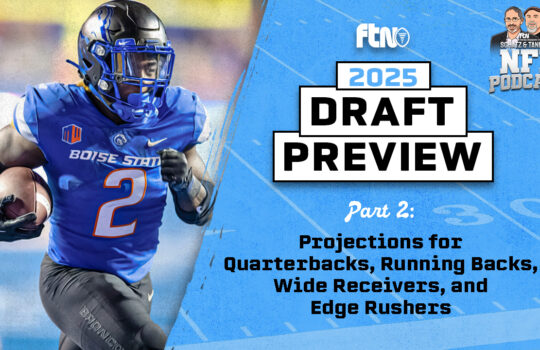
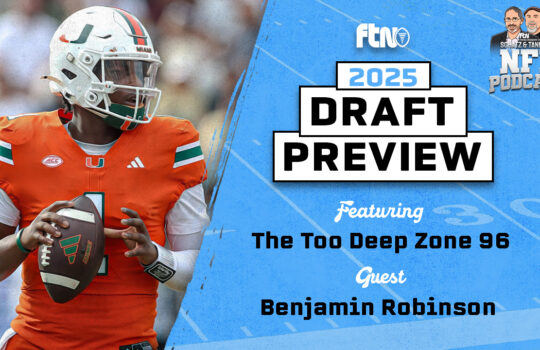
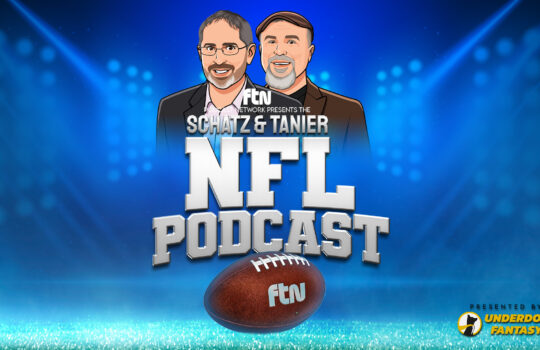






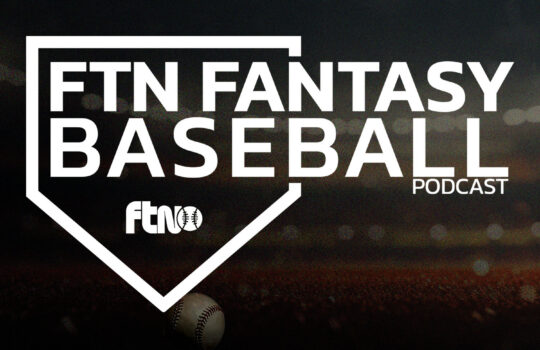

 New York Jets
New York Jets  New England Patriots
New England Patriots 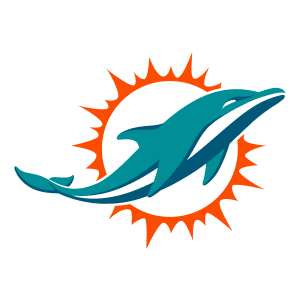 Miami Dolphins
Miami Dolphins  Buffalo Bills
Buffalo Bills  Pittsburgh Steelers
Pittsburgh Steelers  Cleveland Browns
Cleveland Browns  Cincinnati Bengals
Cincinnati Bengals 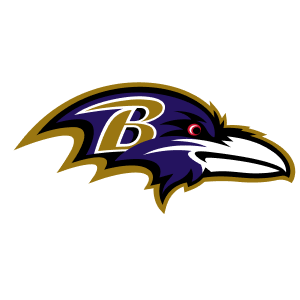 Baltimore Ravens
Baltimore Ravens 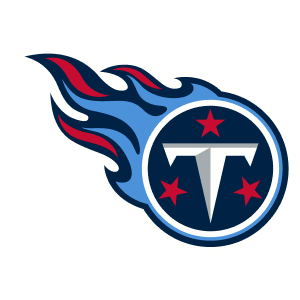 Tennessee Titans
Tennessee Titans  Jacksonville Jaguars
Jacksonville Jaguars  Indianapolis Colts
Indianapolis Colts  Houston Texans
Houston Texans  Las Vegas Raiders
Las Vegas Raiders 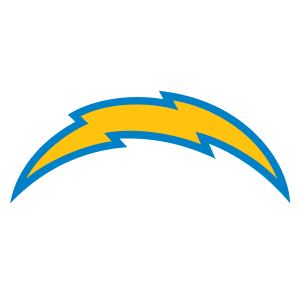 Los Angeles Chargers
Los Angeles Chargers  Kansas City Chiefs
Kansas City Chiefs 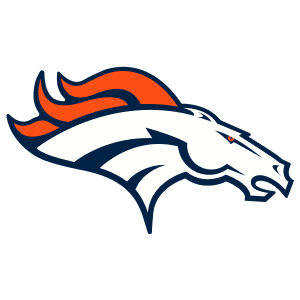 Denver Broncos
Denver Broncos  Washington Commanders
Washington Commanders  Philadelphia Eagles
Philadelphia Eagles 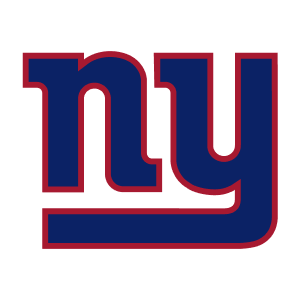 New York Giants
New York Giants  Dallas Cowboys
Dallas Cowboys 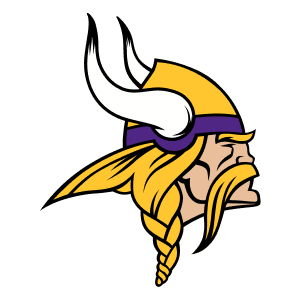 Minnesota Vikings
Minnesota Vikings 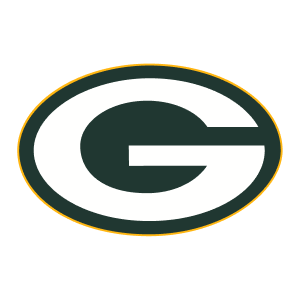 Green Bay Packers
Green Bay Packers 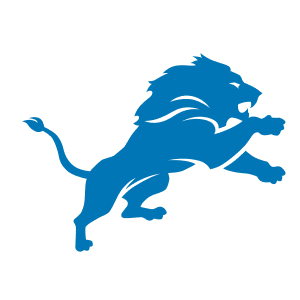 Detroit Lions
Detroit Lions 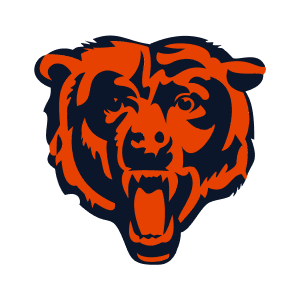 Chicago Bears
Chicago Bears 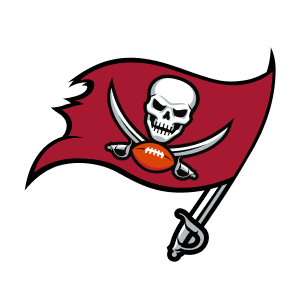 Tampa Bay Buccaneers
Tampa Bay Buccaneers  New Orleans Saints
New Orleans Saints 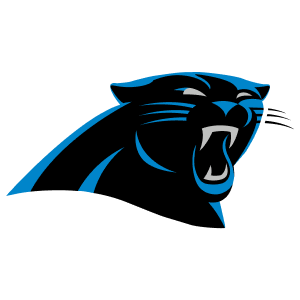 Carolina Panthers
Carolina Panthers 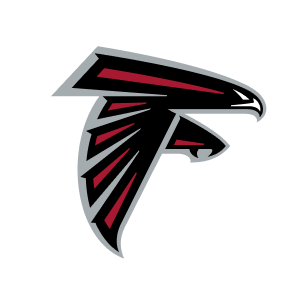 Atlanta Falcons
Atlanta Falcons 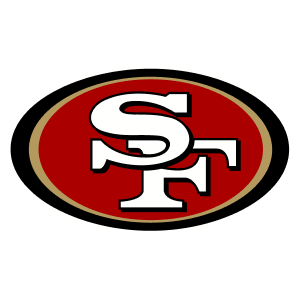 San Francisco 49ers
San Francisco 49ers 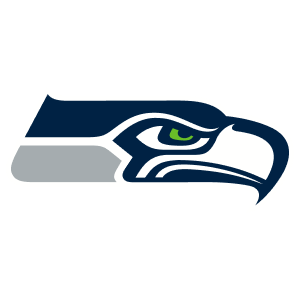 Seattle Seahawks
Seattle Seahawks  Los Angeles Rams
Los Angeles Rams 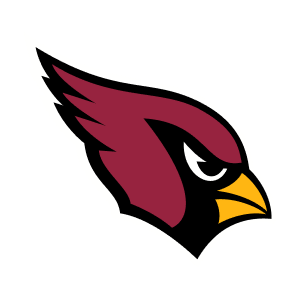 Arizona Cardinals
Arizona Cardinals 
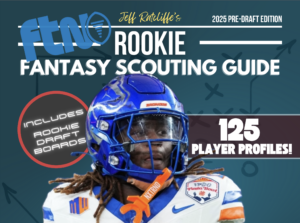
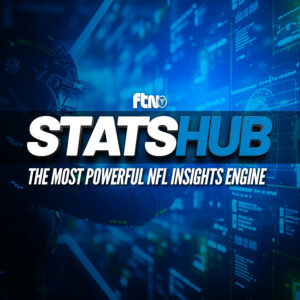
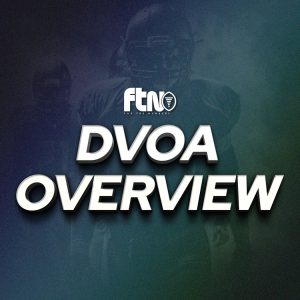
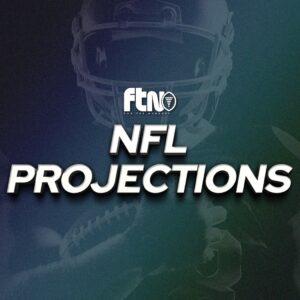




 Boston Celtics
Boston Celtics  Brooklyn Nets
Brooklyn Nets  Philadelphia 76ers
Philadelphia 76ers  New York Knicks
New York Knicks  Toronto Raptors
Toronto Raptors  Chicago Bulls
Chicago Bulls  Detroit Pistons
Detroit Pistons  Milwaukee Bucks
Milwaukee Bucks  Cleveland Cavaliers
Cleveland Cavaliers  Indiana Pacers
Indiana Pacers  Orlando Magic
Orlando Magic 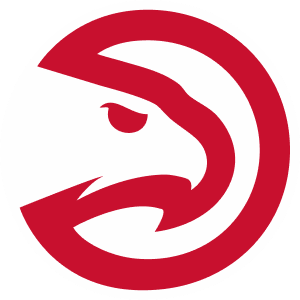 Atlanta Hawks
Atlanta Hawks  Charlotte Hornets
Charlotte Hornets  Miami Heat
Miami Heat  Washington Wizards
Washington Wizards  Denver Nuggets
Denver Nuggets 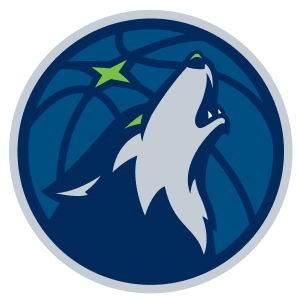 Minnesota Timberwolves
Minnesota Timberwolves  Oklahoma City Thunder
Oklahoma City Thunder  Portland Trail Blazers
Portland Trail Blazers  Utah Jazz
Utah Jazz  LA Clippers
LA Clippers  Golden State Warriors
Golden State Warriors  Los Angeles Lakers
Los Angeles Lakers  Phoenix Suns
Phoenix Suns  Sacramento Kings
Sacramento Kings  Dallas Mavericks
Dallas Mavericks  Houston Rockets
Houston Rockets  Memphis Grizzlies
Memphis Grizzlies  New Orleans Pelicans
New Orleans Pelicans  San Antonio Spurs
San Antonio Spurs 



